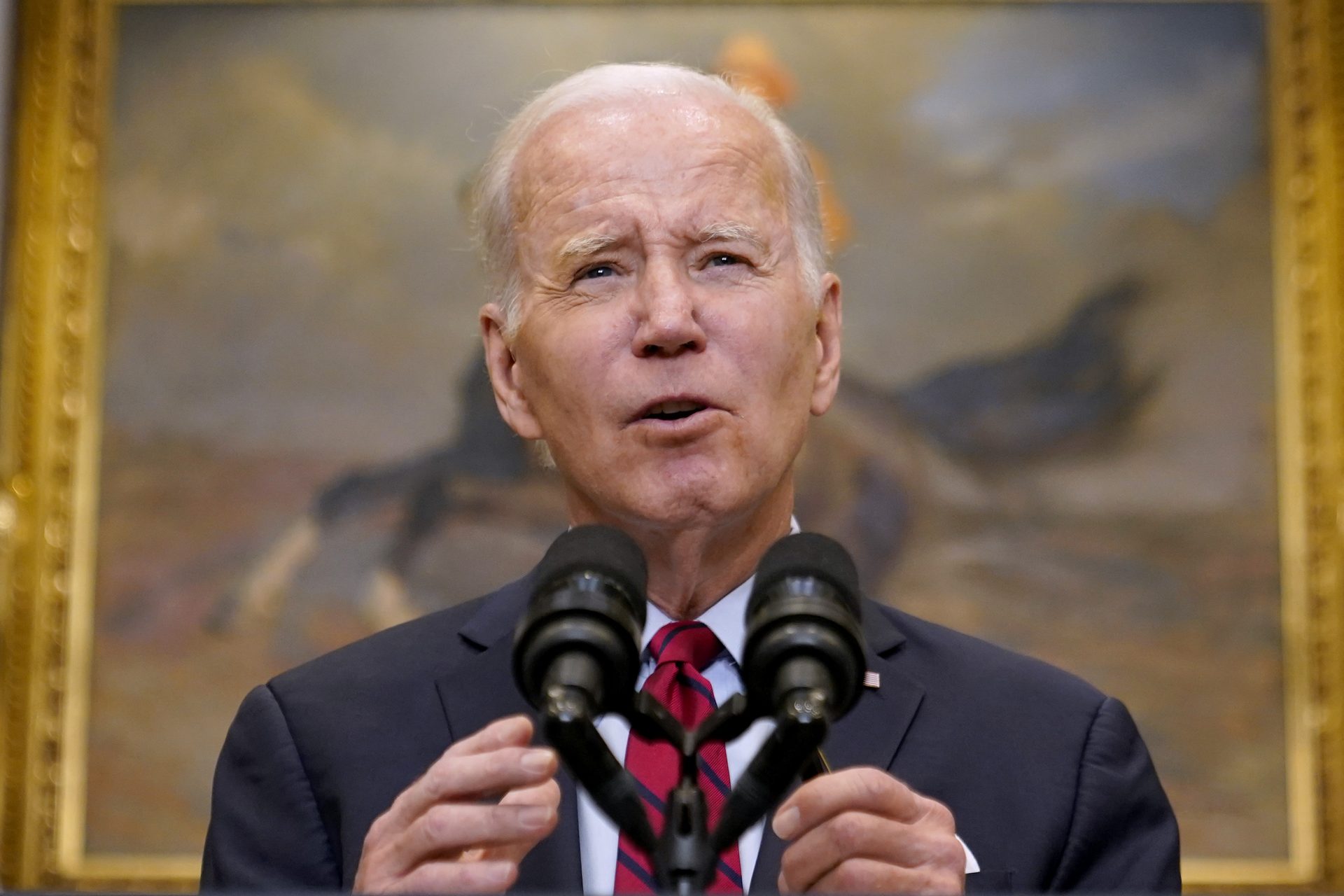SAN ANTONIO, Texas – Gerónimo Gutiérrez, the former Mexican Ambassador to the United States, has concerns about the stability of the binational accord.
“Can we continue with a mutually beneficial economic integration as the one we have, and, in particular, can Mexico continue to have the benefits of that trade relationship… and at the same time, keep poking at each other on many things,” Gutiérrez said.
“I don’t know the answer. I’m a little bit concerned.”
Gutiérrez, who was Mexican Ambassador to the United States when USMCA, the successor to NAFTA, was being negotiated, made his comments during a panel discussion at the NADBank Summit 2024.
The panel comprised Gutiérrez, a former managing director of NADBank, and Antonio Garza, the former U.S. Ambassador to Mexico. The moderator of the panel was Gerald Schwebel, executive vice president of IBC Bank.
Gutiérrez gave a little bit of a history lesson during his remarks.
“I think that the U.S.-Mexico relationship, not to get into history, has gone through three phases, and we’re in the fourth,” Gutiérrez said, noting that in late 2022 the two countries commemorated the 200th anniversary of the binational relationship.
Gutiérrez then ran through the three phases.
“The first one as from our own independence, essentially, to the Second World War. It was a hugely conflicted period for many reasons, invasions, wars, you name it, expropriation of oil assets. Everything happened there,” he said.
“Second period, an important inflection point… the Second World War changes that dynamic. It’s a huge change, because the United States naturally requires a closer ally, a closer neighbor, because of security reasons, but also because of the need to have resources for the war effort and also labor.”
Within that second period a formal, bilateral relationship starts to form, the ambassador explains,
“From the Second World War period, all the way to third inflection point, NAFTA… during that time we had a Cold War… let’s just call it the distant neighbor period Countries that began to be so much interdependent, but relatively far from one another.”
Then NAFTA comes along.
“We took a decision to build in a strategic partnership, especially on the economic front. That’s NAFTA. It’s certainly based on economics and trade, but it goes beyond. It’s the decision to build a strategic partnership between Mexico and the United States.”
Since NAFTA was signed there have been some ups and downs, Gutiérrez said, but there were very positive trends. He said he agreed with Ambassador Garza that cultivating a strong bilateral relationship is never easy. “We managed to keep a decent trend line in the relationship that has benefitted both peoples in the United States and Mexico.”
Then came President Trump.
“Not to get partisan, but clearly Trump changes that (positive trend). Trump changes that for two reasons. One, for the first time, after 25 years, we sort of put in doubt the principle of shared responsibility that is so important on many things, water, migration, security, you name it. That’s our mantra. We have a shared responsibility. And that was put in doubt,” Gutiérrez said.
“And the second one, after 25 years of officials, businesspeople, everyone saying, we are great trade partners, this is a great partnership, the most competitive region in America, you suddenly have the president of the United States go out and say, ‘this (NAFTA) is the worst deal ever for America.’ Huge change.”
Gutiérrez then ran through a couple of takeaways.
“First takeaway, our relationship has been extremely resilient. Because even in those periods when we were close to losing the great relationship… we have kept it going. And I think that’s the number one takeaway,” Gutiérrez said.
“And where are we now? We just started a fourth period, if I may say so. And we don’t know where it’s going to lead. At least I don’t know where it’s going to lead. There can be some speculation, but I’ll call it, and I want to point to this. I think we have just passed from a period in which we were building strategic relationships into one where we are uneasy partners about each other.”
“And I think that’s very important. Why uneasy partners? Because we have never been so interdependent in economic terms. Mexico, as it’s often said, is the number one trading partner of the United States. But there are, in my view, increasing tensions on other non-commercial fronts.”
Gutiérrez continued: “But the important point and the important question that I want to leave you all with is, and I would urge both governments to look at is: Can we continue with a mutually beneficial economic integration as the one we have, and, in particular, can Mexico continue to have the benefits of that trade relation? It serves both sides, but it’s clearly a bigger issue for Mexico. And at the same time, keep poking at each other on many things, and I don’t know the answer. I’m a little bit concerned.”
Gutiérrez said he was recently interviewed by reporters, and they asked him what he thinks is going to happen to U.S.-Mexico relations. He said things can slide very quickly, just like they do when people go broke.
“We have to be careful not to that allow that to happen to the relationship. And I think that’s my second takeaway.”
The post Gutierrez: Unfortunately, the U.S. and Mexico are now uneasy partners appeared first on Rio Grande Guardian.
 (2).png)
 5 days ago
27
5 days ago
27









 English (US)
English (US)